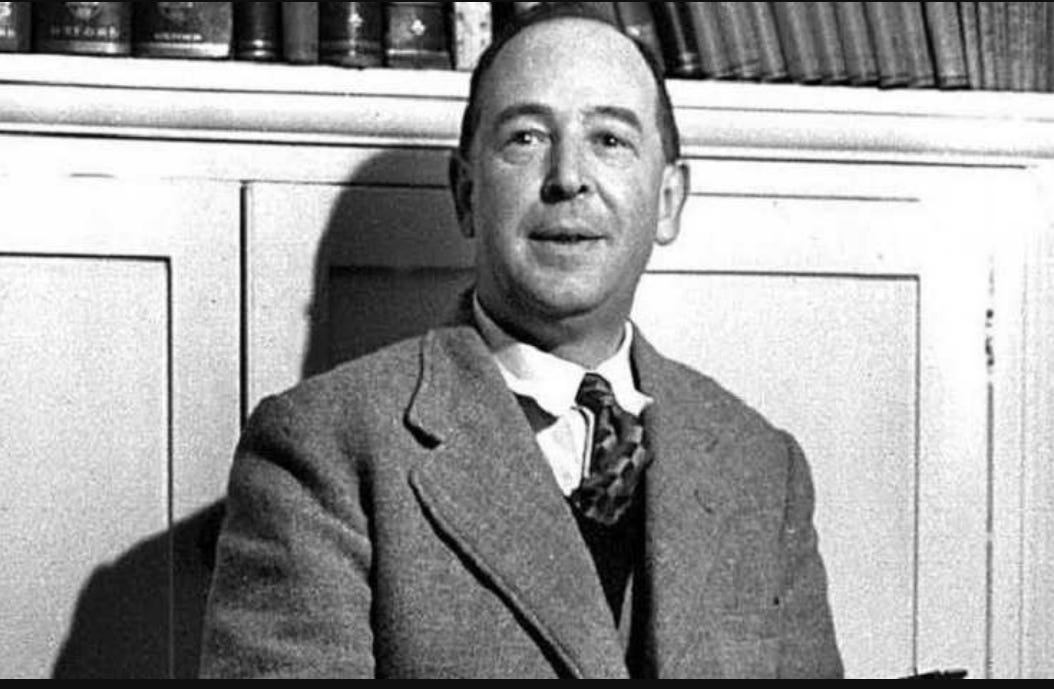With the population of the world and with so many languages in use, plus the illiteracy rate growing world wide (even in our own country), it is naive to believe that most people have ever heard of Clive Staples Lewis, let alone read anything he has written.
So why should I write about him?
When I read Lewis I think to myself, “I could have written that.”
The prose is clear, not clever to impress.
But then, as I continue reading, I think, “I would never have thought of that.”
Therein to me lies his genius.
Lewis, through his sheer depth of knowledge on diverse subjects, thinks at a much deeper level than I am capable of — and yet, through his clear plain writing, he is able to open my mind to seeing so many deeper truths that may well have passed me by.
For example:
Christianity asserts that every individual human being is going to live for ever, and this must be either true or false. Now there are a good many things which would not be worth bothering about if I were going to live only seventy years, but which I had better bother about very seriously if I am going to live for ever. Perhaps my bad temper or my jealousy are gradually getting worse—so gradually that the increase in seventy years will not be very noticeable. But it might be absolute hell in a million years: in fact, if Christianity is true, Hell is the precisely correct technical term for what it would be. And immortality makes this other difference, which, by the by, has a connection with the difference between totalitarianism and democracy. If individuals live only seventy years, then a state, or a nation, or a civilisation, which may last for a thousand years, is more important than an individual. But if Christianity is true, then the individual is not only more important but incomparably more important, for he is everlasting and the life of a state or a civilisation, compared with his, is only a moment.
—from Mere Christianity



